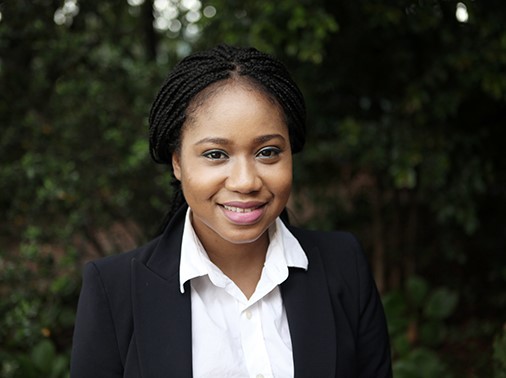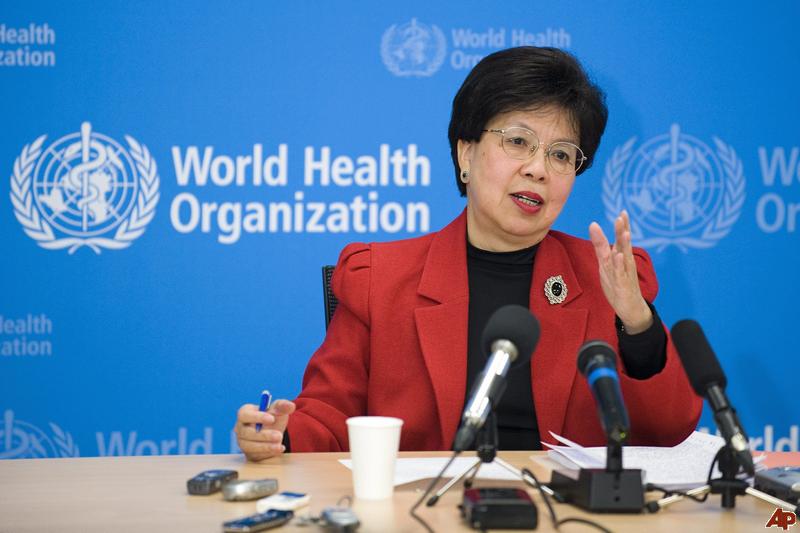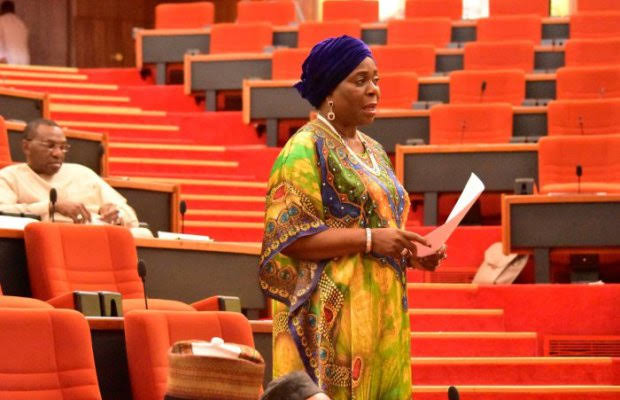Drug resistance occurs when the malaria parasite learns to outsmart our best treatments. We’ve seen its damaging effects before – notably, with chloroquine, the malaria treatment of choice in the 1950s. After heavy chloroquine use across the globe, resistance developed in Southeast Asia, and then spread to nearly all malaria-endemic areas, leading to dramatic increases in malaria deaths.
Now, we again have evidence of drug resistance in Southeast Asia – this time, to artemisinin, our most effective malaria drug. Artemisinin-based treatments – along with mosquito control, new diagnostics and other tools – have transformed the fight against malaria and helped drive a 60 percent reduction in malaria deaths since 2000. Yet resistance threatens the power of these treatments to save lives in the future. If these parasites move from Asia to Africa, where 90% of malaria deaths occur, we will lose the great gains that have been made in preventing infections and deaths from this disease.
This doesn’t have to happen. As a master’s student at Oxford University and later as a Ph.D. student focused on identifying and tracking drug resistance in the laboratory, I have seen the power of scientific research to solve problems.
Through research, we can prepare to monitor, contain and treat artemisinin-resistant malaria. Cutting-edge surveillance techniques can keep us one step ahead of the parasite. Targeted control programmes using timely data can ensure that effective interventions reach those who need them. Drug discoveries can produce the next class of lifesaving treatments.
Scientists around the world are creating tools to fight malaria on the African continent, but my vision is that these discoveries will be developed in Africa, by Africans. For example, Nigerian scientists know the problems their country faces and are best positioned to craft solutions. We can lead the fight against drug-resistant malaria where malaria matters most. This opportunity is personal for me: as a scientist, I would like to return home to Nigeria for work, but for now – unfortunately – the best opportunities for me are in the United Kingdom and this shouldn’t be the case.
To achieve this vision, we must empower scientists across the continent to solve pressing challenges with homegrown, sustainable solutions. This will require key investments and actions from international donors and domestic governments.
Second, our scientists need tools. Researchers must have the proper equipment – including scientific instruments, laboratory space, and electricity access – to conduct their work. Donors should prioritize these needs in the grant making process, following the example of investments made in the Kenya Medical Research Institute, home to accredited, state-of-the-art laboratories. Other countries must also address their gaps in scientific infrastructure, with financial assistance from international groups.
Ify Aniebo is a molecular geneticist, focusing on malaria drug resistance, currently pursuing a Ph. D in Clinical Medicine and Infectious Tropical Diseases at the London School of Hygiene and Tropical Medicine. She is a 2012 graduate of the University of Oxford’s M Sc in Global Health Sciences program, where she was an Exxon Mobil Global Health Scholar.












